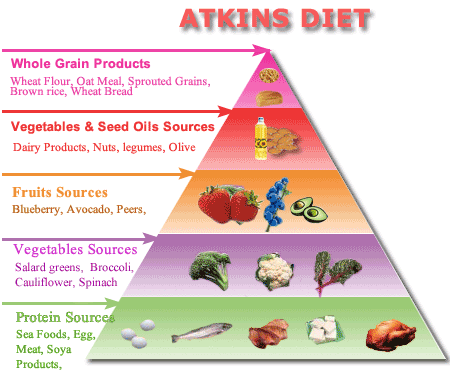Lose Weight > Common Sense To Lose Weight > Common Sense Article > Top Weight Loss Techniques - How Does Your Weight Affect You Emotionally?
Top Weight Loss Techniques - How Does Your Weight Affect You Emotionally?
Overweight or obese people are frequently stereotyped as emotionally impaired, socially handicapped, and as possessing negative personality traits. Evidence of discrimination is found at virtually every stage of the employment cycle, including selection, placement, promotion, compensation, discipline and discharge, according to research presented by Western Michigan University. In addition, this partial extends to job assessments of overweight individuals in their various work related roles, both as subordinates and co-workers. Compared to normal weight people, morbidly obese and massively obese people are more likely to incur instances of institutional and day-to-day interpersonal discrimination and these persons report lower levels of self-acceptance than normal weight persons, yet this relationship is fully mitigated by the perception that one has been discriminated against due to body weight or physical appearance: a more palatable reason emotionally than character or personality defect, or a job not well done.
Unflattering portrayals of obese people pervade popular culture, while multiple studies document that adults, children, and even health care professionals who work with obese patients hold negative attitudes toward overweight and obese persons. Most of the teachers in one study said that becoming obese is the worst thing that can happen to a person; twenty-four percent of nurses said that they are repulsed by obese people. Obese people who believe that their health care providers look down upon them may avoid seeking care; this reaction is potentially dangerous given that obese people are at an elevated risk for many health and emotional conditions.
Normally overweight people are less likely to attend college even though they score high on standardized tests and are academically motivated; also, overweight women are more likely than other men or women to pay their way through college.
Overweight or obese students are more likely to be refused letters of recommendation from faculty members. There has been some change in the practices regarding hiring of the obese; as so much more of the employment force has become overweight there is not often an option.
Overweight or obese people get waited on more slowly than normal weight customers; even they often encounter more difficulty making returns or exchanges than their thinner counterparts. In fact, Social attitudes towards obesity are negative and usually result in the adolescent becoming withdrawn and lonely. Obese adolescents have feelings of social isolation, low self-esteem, feelings of rejection and depression and a strong sense of failure. Obese children are more likely to engage in high-risk behaviors such as smoking, or consuming alcohol even the obese adolescent girls are more likely to become sexually active at a younger age in an effort to achieve acceptance and attention.
Related Articles
-
Medical Health Advice - Pancreatic Cancer, Hepatitis, Cirrhosis of Liver, Jaundice, Gallstones
Medical Health Advice In today’s fast moving world, in the ra
-
Fat is an Industry
Nobody who is not obese can know what that kind of suffering is lik
-
Lose Extra Pounds With The Strongest Fat Burners To Get A Sleek Body
Diet pills are getting more and more popular these days. This is
-
Principles Of Fat Burning - You Have To Heal Your Glands And Hormones In Order To Burn Fat
You Have to Heal Your Glands and Hormone
-
10 Steps on Improving Your Metabolism
Have you been sluggish and below the knob on energy? Do you feel like
-
Psychological Preparation For Losing Weight
When a person starts new diet intent upon losing weight there are spec
- DON'T MISS
- Quick Ways To Lose Weight
- National Sports TBI Awareness Month, Concussion, High fructose diet, brain injury
- I Lost 120 Pounds And Found Happiness
- Why Holford Atkins South Beach May Have It Wrong
- How To Walk The Weight Off
- Top Five Love Handle Workout To Try
- Lose Weight Fast and Safe
- Exercises For Love Handles
- Emergency Workout
- Whole Grains Prevent Weight Gain




